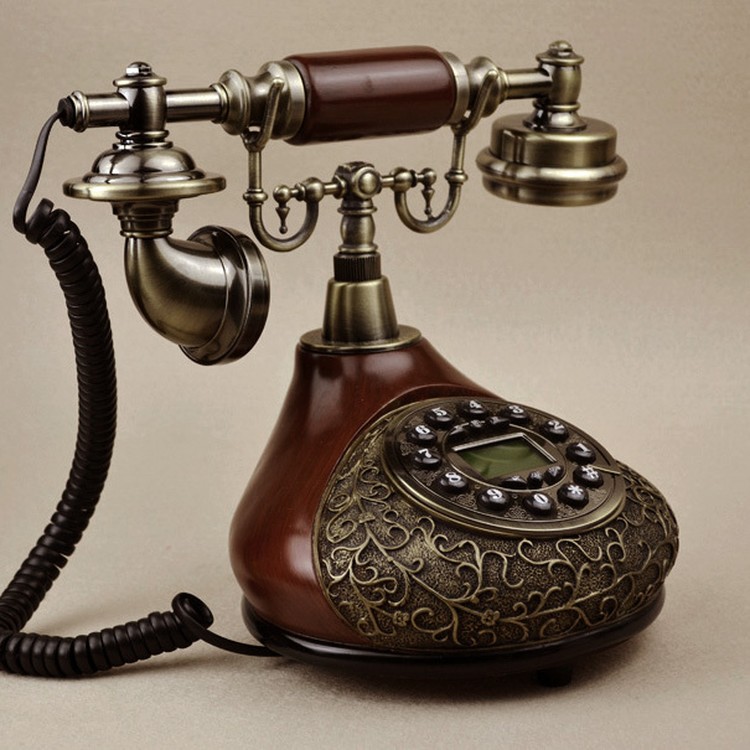Plus ça change, plus c’est la même chose, to quote the 19th century French novelist Jean-Baptiste Alphonse Karr. The more things change, the more they stay the same.
In the 1970s when my first husband and I divorced, everybody knew except the phone company and a few department stores. I hid the fact from the phone company because at the time, if a woman admitted that her marriage was over, the company often asked for an immediate, huge deposit on the grounds that she was opening a new account. It did this even though it insisted on putting every married couple’s account in the husband’s name and even when the wife was the primary breadwinner. Men were seldom asked to put down a deposit. Apparently, the company assumed that single women were poor, dishonest or both.
Similarly, when department stores got word of a divorce, many promptly cancelled the wife’s charge account, even if she supported her husband and could prove it. The situation gradually improved after Congress passed the Equal Credit Opportunity Act in 1974 and banned this type of sex discrimination.
Two years after my second husband died, I decided to confess to the phone company that I was single again. I’m not sure why I waited so long to tell Verizon that I am now a widow, but memories of the 1970s probably had something to do with it.
After the usual, maddening conversation with a computerized voice and 15 minutes on hold, I finally got a human being on the line. He agreed to put the account in my name but warned me he’d have to shut down my Internet access for several days to make the change. I make my living online, and I can’t have that. So we decided to leave the account in my husband’s name, though Verizon would no longer charge me for listing both of us in the phone book.
The next problem was my husband’s email. I hadn’t checked it for a long time but I knew he was getting 30 or 40 messages a day, all of them junk mail, which meant there were thousands of emails stored in his account. I tried to close it online but couldn’t figure out how. Consequently, I made another phone call, navigated the same maze and spent more time on hold. The person I finally reached informed me politely that she couldn’t shut down my husband’s email without killing mine as well because the main account was in his name and mine was just a subaccount.
To save the hassle of setting up new email for myself, I left his online inbox intact and once again left an account in his name. And there I was, just like in the 1970s, masquerading as a still-married woman, though this time it was the phone company’s rigidity, rather than pure sexism, that was to blame.
But as I hung up, I visualized all those bytes landing in my husband’s email, swelling it to the point where an explosion was inevitable. The system, with its inflexible rules, might take down the system.
My husband would have gotten a kick out of that.

Flora Davis has written scores of magazine articles and is the author of five nonfiction books, including the award-winning Moving the Mountain: The Women’s Movement in America Since 1960 (1991, 1999). She currently lives in a retirement community and continues to work as a writer.



